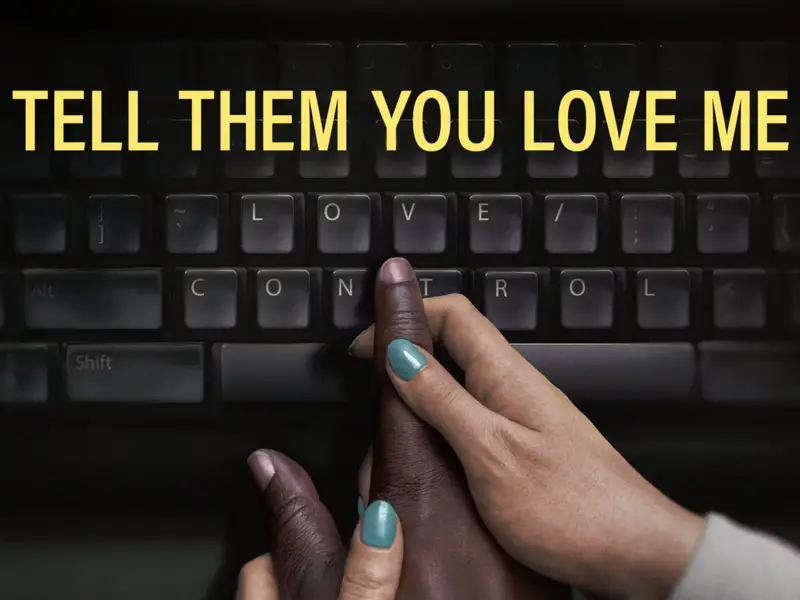So, I recently watched the Netflix series “Tell Them You Love Me,” and boy, did it get me thinking. This show dives deep into some heavy topics: race, disabilities, power dynamics, ethics—you name it. And let me tell you, these are subjects that really hit home for me. See, I’ve been there—raising my eldest daughter from age nine till her early twenties, and she has Down Syndrome. So, when a show tackles stories about people with special needs, it’s more personal.
At first, I was all in for the unconventional romance in “Tell Them You Love Me.”
I mean, who doesn’t love a good love story, right? But as the documentary unfolded, my feelings started to shift. Anna Stubblefield, the central figure, seemed to genuinely believe in her side of the story. Yet, my doubts crept in. Did she truly grasp what was happening between her and the other person involved?
One big issue that stood out for me was the power imbalance in their relationship. Once things got intimate, I couldn’t help but think Anna should have called it quits on their professional ties and come clean to the family. That would’ve been the right move, in my opinion.
“Tell Them You Love Me” also shed light on Anna’s background, growing up around people with special needs and following in her mom’s footsteps career-wise.
But for a show that delves so deeply into her life, we barely saw her husband and two kids—just one blurry photo. And then there’s the whole issue with facilitated communication (FC), which the documentary highlighted as being unreliable. That raises a lot of questions about how accurately the victim’s thoughts and feelings were being conveyed.
Consent was another biggie that kept coming up throughout the show. Sure, there were moments where it seemed like the victim was okay with the physical side of things, but what about when the typewriter wasn’t around? And those bruises? It’s tough to gauge someone’s true feelings when communication is so limited. Right?
As someone who enjoys a good romance, I started off rooting for Anna. She came across as genuine and caring. But by the end, my concern shifted more towards her mental state. Despite facing serious consequences and a lifetime of probation, she didn’t seem to fully grasp the gravity of her actions. It makes you wonder, should she have seen things differently by now, if she’s mentally stable? I’m not so sure.
And then there’s the whole concept of romantic love in this context. Is it possible to have a healthy relationship when one person is in such a dependent state? Anna may have felt a deep bond, maybe even love, but with such a huge imbalance of power, it’s hard to see how it could be truly healthy.
Then again, some might argue that Anna’s intentions were driven by familial love and confusion over the sexual aspect. But let’s face it—that explanation doesn’t quite cut it. At the end of the day, Anna was the one in control, the professor with the power. Her student, on the other hand, was described as having the cognitive capacity of an infant.
These kinds of documentaries, like “Tell Them You Love Me,” really push us to think about ethics and morality.
They force us to confront uncomfortable truths about power dynamics and the complexities of relationships, especially those involving individuals with disabilities. These issues go beyond just one case—they’re universal, touching on broader societal questions that need serious consideration.
So, what about Anna’s family? Throughout the series, they were notably absent from the narrative. Was it intentional, or did they choose to stay out of it? It’s something that stuck with me as I wrapped up the show.
All in all, “Tell Them You Love Me” raises some tough questions about ethics, power dynamics, and the challenges of relationships involving people with disabilities. It’s a story that lingers, challenging us to rethink our ideas about consent and the responsibilities of caregivers. These conversations need to happen, and I want to hear from you. What are your thoughts on the ethical dilemmas presented in the series? How do we navigate relationships where power dynamics are so skewed? Your insights matter, so please share them in the comments below. Let’s keep this conversation going and explore these important issues together.


